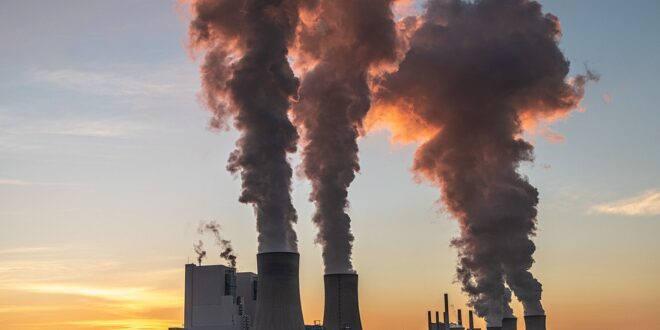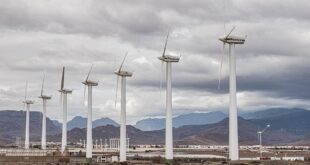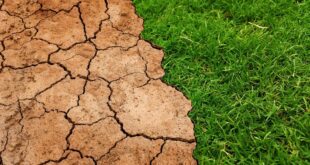Understanding Greenhouse Gases
Greenhouse gases are a type of gas that can trap heat from the sun, leading to the warming of the planet. While some greenhouse gases occur naturally, human activity, such as burning fossil fuels, has intensified the concentration of greenhouse gases in the atmosphere. This, in turn, has led to global warming, the melting of the polar ice caps, and increasing sea levels. Therefore, it is essential to know about greenhouse gases so that we can take action to reduce our impact on the environment.
What are Greenhouse Gases?
Greenhouse gases are gases that absorb radiative energy, including infrared energy, which is emitted from the Earth’s surface. They are capable of trapping this energy, making the planet’s temperature rise, leading to climate change. Though they are integral to Earth’s ecosystems for natural heat maintaining property, excesses of them’ presence may take part in harmful climate change, ultimately leading to total ecosystem collapse.
Types of Greenhouse Gases
Some common types of greenhouse gases present in the atmosphere are:
Carbon dioxide:
The most prominent greenhouse gas emitted by humans, primarily arising from the burning of fossil fuels such as coal, oil, and natural gas.
Methane:
The second most influential greenhouse gas that arises from the decomposition of organic matter, decay, and farming practices.
Nitrous oxide:
A byproduct of agricultural practices and industry such as livestock farming, soil cultivation and refrigerants.
Fluorinated gases:
Gases primarily utilized in refrigeration, air-conditioning, fire-protection systems, and aerosols such as CFC that impact the ozone layer.
How Greenhouse Gases Affect the Planet?
Greenhouse gases have adverse effects on humans, animals, plant communities, and ecosystems. A warmer atmosphere caused by these gases brings drastic impacts like drought, wildfires, flooding, severe climate. Climate change from excessive greenhouse gases can change global scenarios such as cycles of ocean currents, crop sources, as northern low-level land begins to melt. Furthermore, the spread of diseases from one region to regions that were not homes to them is become recurring after global warming.
What Can We Do To Reduce Greenhouse Gases?
There are multiple ways we can avoid releasing excess greenhouse gases by encouraging social programmes, supporting clean energy production, adapting to a sustainable lifestyle, reducing gas leaks from pipes, using cost-benefit-effective methods working against farming practices that compensate greenhouse gases from its production assistance, Soil cultivation efficiency, Energy conservation via efficient processing chains in fields, using alternative transportation methods and rewarding companies that prioritize eco-sensitive business practices and use recycle-centric procedures.
Conclusion
It is crucial to get aware of greenhouse gases, their types, effects, and negative impact on Earth’s ecosystem. Not only be taught, it is important that individuals must encourage to acquire helpful routines, practices and processes to conserve energy, and global awareness featured attitudes so ecological sustainability can be ensured, securing the places for the following generations without entirely collapsing the world’s journey.
 Mind Uncharted Explore. Discover. Learn.
Mind Uncharted Explore. Discover. Learn.




